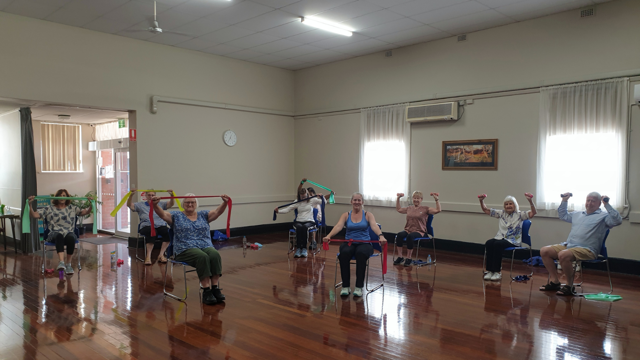
by Dr Anne Hunt, Head of Evidence, National Academy for Social Prescribing
Some recent media articles have included rather misleading interpretations of the evidence for social prescribing.
Our work with our academic partners suggests that there is considerable evidence to support the benefits of taking part in social prescribing activities, and growing evidence for the impact of link worker programmes.
There is a large and well-established research base showing the value of arts, creativity, physical activity, financial and legal support, and nature-based activities for health and wellbeing. In other words, there is no doubt that the types of activity that social prescribing services refer people into can make a real difference.
In the UK, the NHS Social Prescribing Link Worker programme is connecting people to activities, groups and services providing non-medical support. It is still new, so it is not surprising that the evidence base for its effectiveness and impact is still emerging.
In the meantime, we have worked with our academic partners – including experts from nine research institutions – to bring together and summaries what the evidence can already tell us from a wide range of robustly evaluated programmes.
While we acknowledge gaps and limitations, our collaborative academic reviews suggest that social prescribing can have a positive impact on a very wide range of outcomes. These include decreases in loneliness and improvements in mental health, wellbeing and social connection.
Our reviews also suggest that social prescribing has the potential to take pressure off primary care and reduce costs, and that it can have a favourable social return on investment.
At the moment, an estimated one in five GP appointments are related to essentially social rather than medical problems, like loneliness, isolation or anxiety about money. A purely medical response to these issues simply won’t work.
Social Prescribing Link Workers have the time to get to know people, understand their unique circumstances and challenges, and refer them on to relevant non-medical support that makes a difference.
Of course, there is a need for more research to make sure that social prescribing programmes can operate as effectively as possible. But it crucial to remember that reporting an absence of evidence in a particular area is just that – it doesn’t allow us to draw conclusions one way or another.
One of our aims as an organisation is to grow and share the evidence base, and we will be publishing more evidence reviews in the coming months. We are also setting out some priority themes for future research.
As the recent Thriving Communities evaluation made clear, social prescribing has the power to create better connections between the health system and the amazing work of voluntary sector organisations. Link workers are playing an increasingly important role in doing this.
By doing so, they are making a profound difference to the lives of thousands of people across the country.


